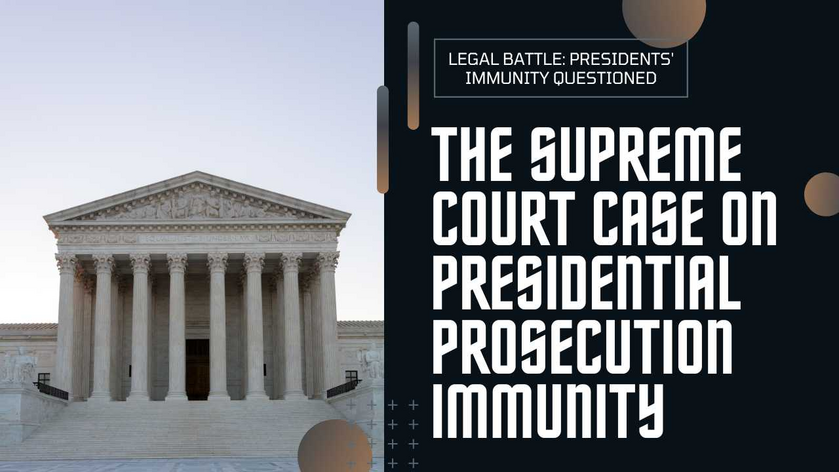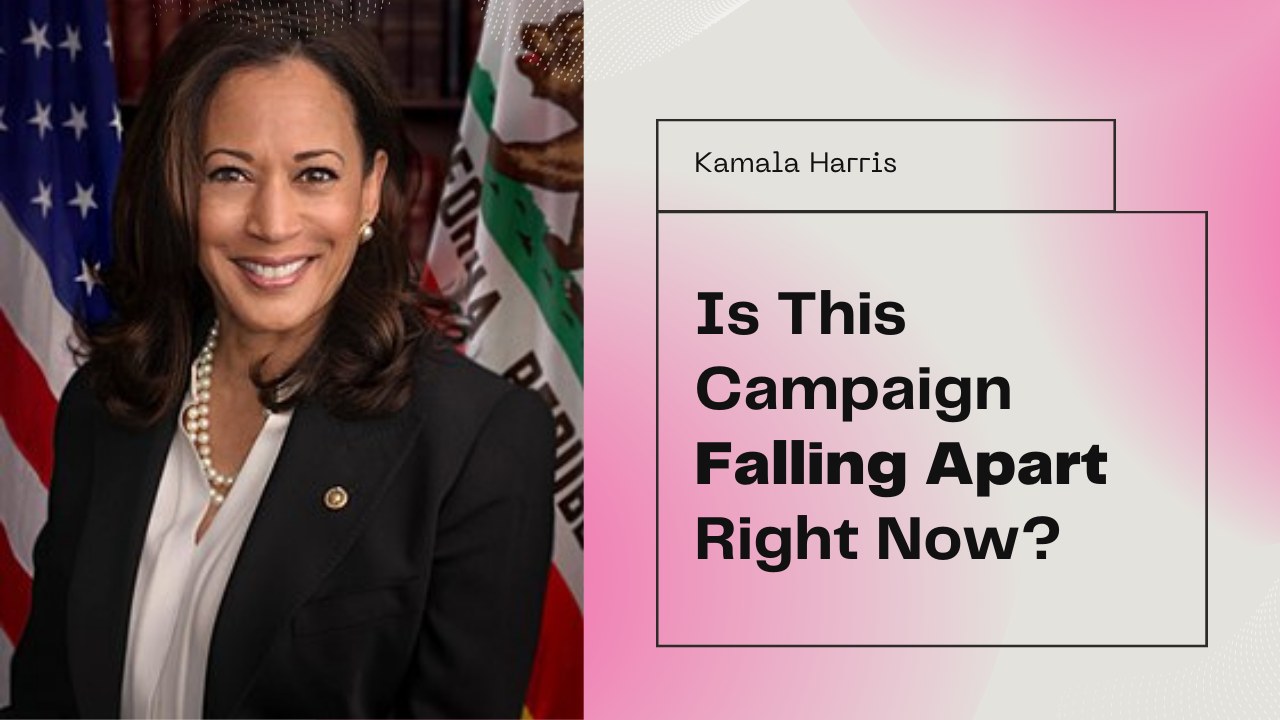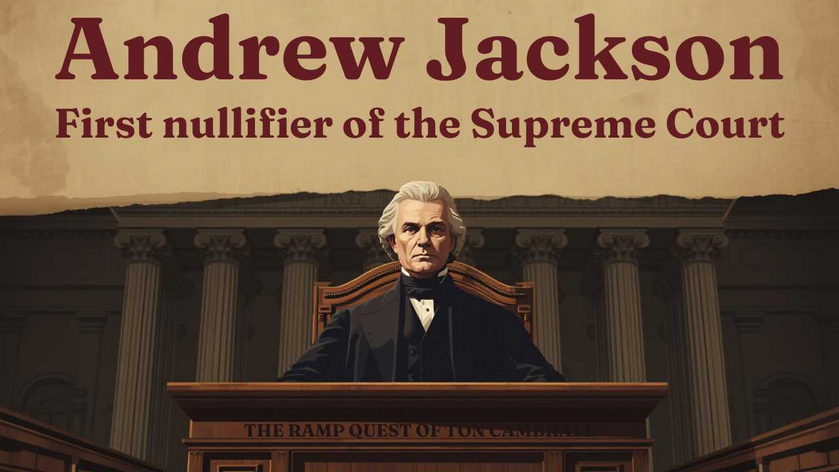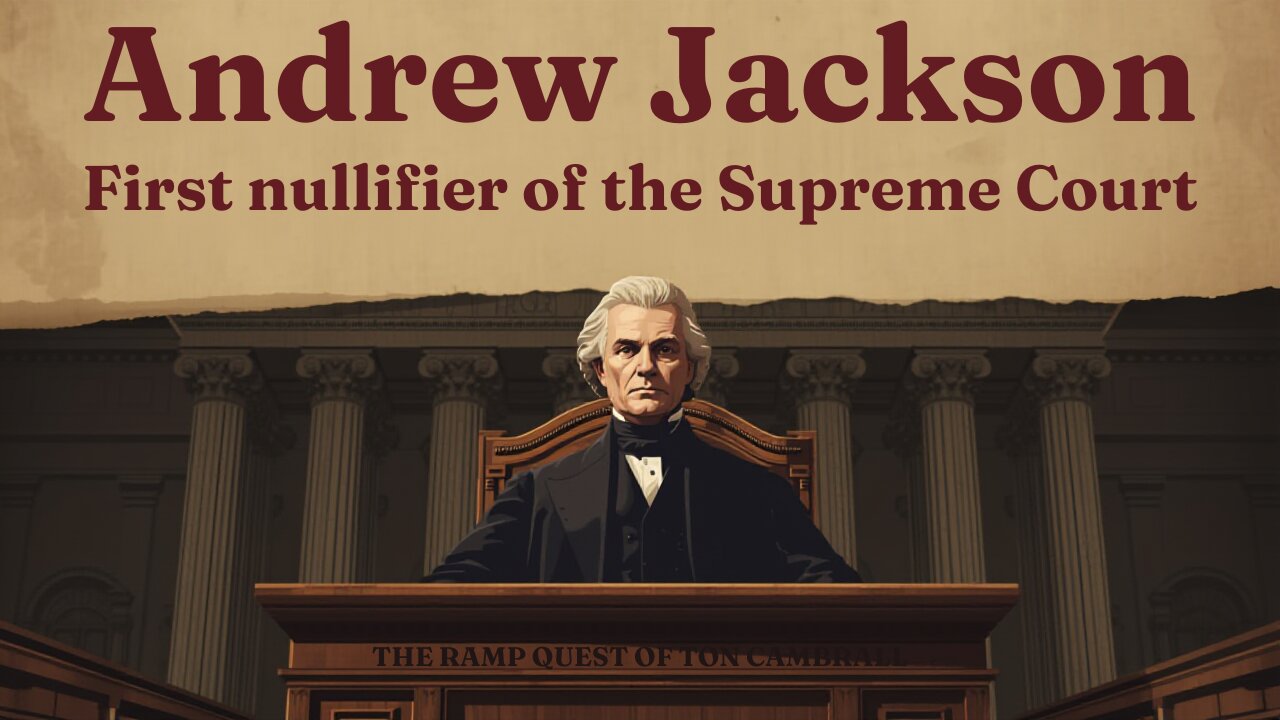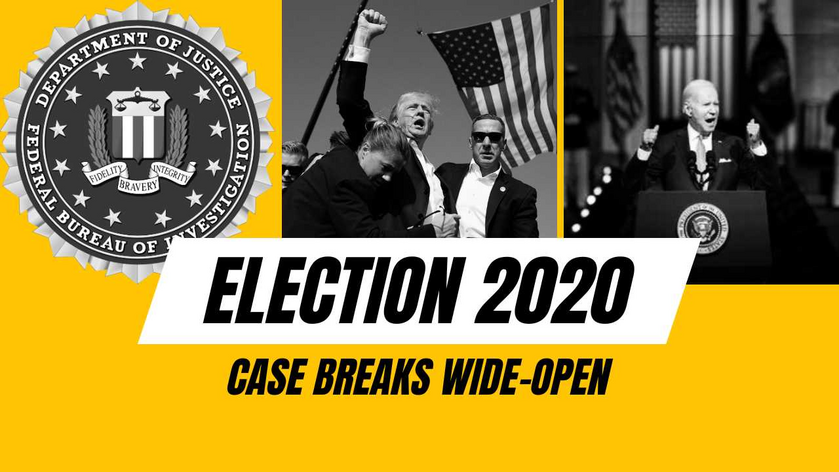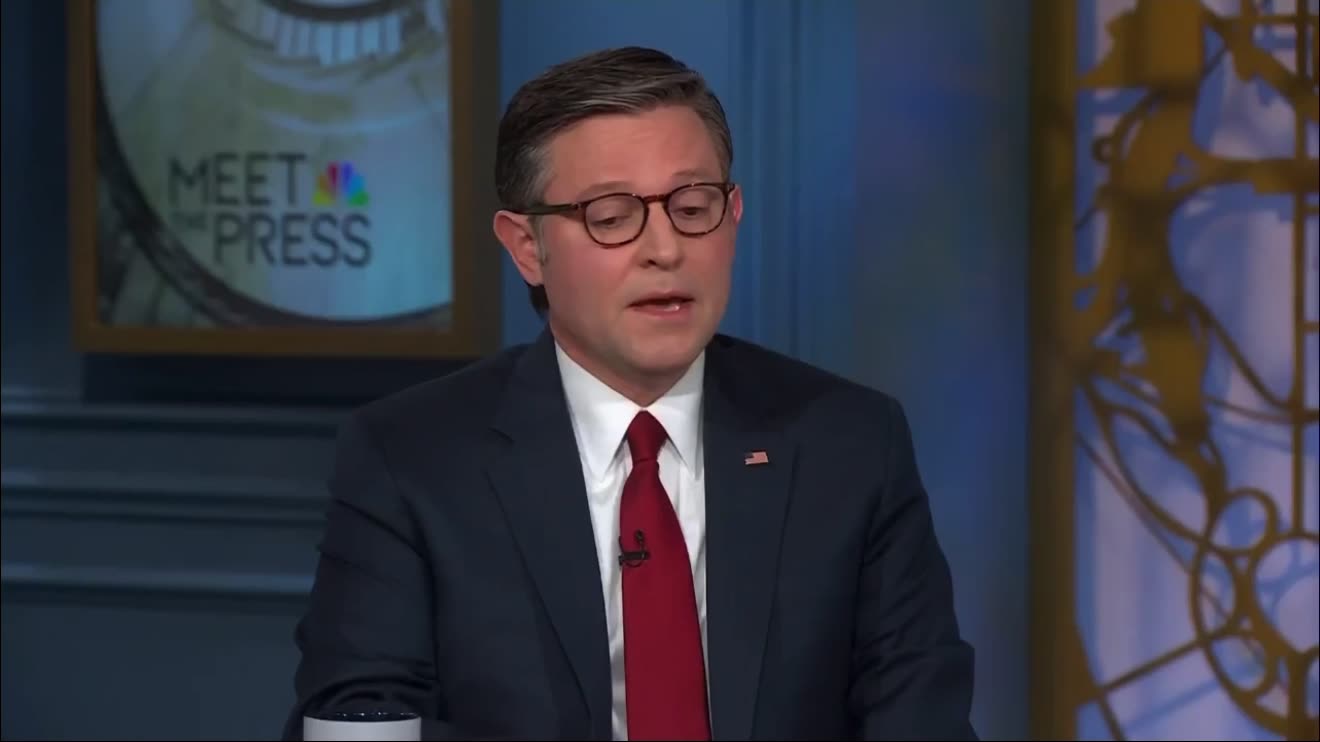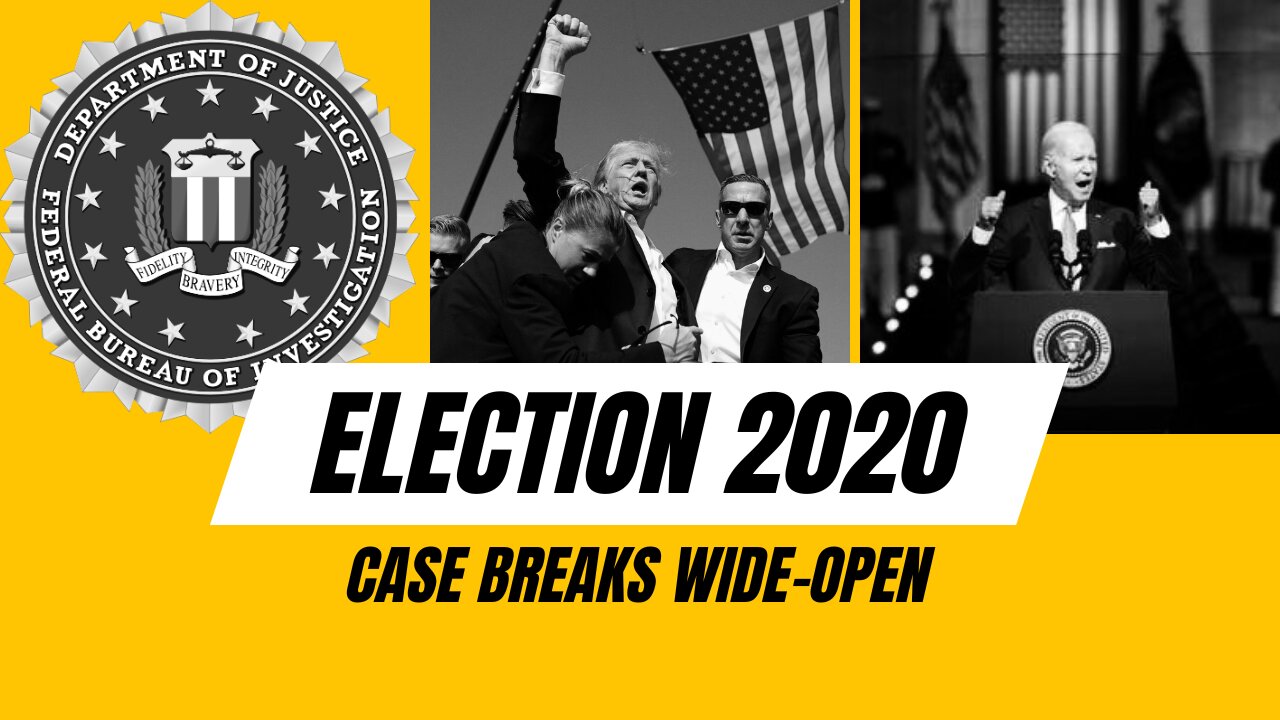This morning, a lawyer for President Donald J. Trump argued his case for Presidential immunity before the U.S. Supreme Court. Trump could not attend; he is under effective “State arrest” in New York, as his “hush money” trial continues. But that clearly did not matter. Parties to Supreme Court cases are never required to attend an oral argument session. That aside, Trump picked the best surrogate he could have picked, to argue his case.
An excellent advocate for Presidential immunity
At issue in this particular case is whether President Trump acted criminally in encouraging members of several State Republican Parties to recruit alternate slates of elector-candidates while he challenged election results in those States (Georgia, Pennsylvania, Michigan, Wisconsin, and Arizona). Trump’s team stopped all proceedings in that case with motions to dismiss on the basis of Presidential immunity. Trump claimed that his calls to various State Republican committees – and some Secretaries of State – were on an issue of vital national importance, to wit: whether an organized conspiracy to defraud him of victory in the election had resulted in the improper appointment of the Democratic Party’s slates of elector-candidates in those States. As such, Trump was acting as the President and not as a candidate for re-election.
The attorney who argued his case was D. John Sauer. He is a private attorney whom the Attorney General of Louisiana hired to press the case of Missouri v. Biden. As such he has argued that case before the Fifth Circuit Court of Appeals, and testified before Jim Jordan’s committees. This has given him extensive experience in preparing and arguing cases with obvious political import. D. John Sauer was the perfect advocate for Presidential immunity on behalf of Donald Trump.
Citing precedent, not inherent power
Sauer did not argue that heads of state enjoy immunity inherent in their offices. He already knew that the Court of Appeals for the District of Columbia Circuit did not agree with that. So he argued:
The Supreme Court’s own precedents on point, of which he found too many to cite, and:
That never in United States history had any President faced prosecution in Article III courts for his official acts.
The argument session (follow links to transcript and sound recording) took two hours and forty minutes. Michael R. Dreeben, “Counselor to the Special Counsel,” argued Jack Smith’s case.
Sauer began by citing three Presidents whose acts have come under scathing criticism.
Could President George W. Bush have been sent to prison for obstructing an official proceeding or allegedly lying to Congress to induce war in Iraq? Could President Obama be charged with murder for killing U.S. citizens abroad by drone strike? Could President Biden someday be charged with unlawfully inducing immigrants to enter the country illegally for his border policies?
The answer to all these questions is no. Prosecuting the president for his official acts is an innovation with no foothold in history or tradition and incompatible with our constitutional structure. The original meaning of the Executive Vesting Clause, the Framers' understanding and intent, an unbroken historical tradition spanning 200 years, and policy considerations rooted in the separation of powers all counsel against it.
As seems to have become traditional, Justice Clarence Thomas, as senior Justice now serving, opened the questioning. From what source, he asked, does Presidential immunity derive? For answer, Sauer cited the Executive Vesting Clause – Article II Section 1 Clause 1.
The executive power shall be vested in a President of the United States of America.
Then he cited precedent after precedent, including some of Thomas’ own opinions. He did not cite any inherent power of a head-of-state.
Next, Thomas asked how to distinguish official from private acts of a President. Again, citing precedent, Sauer argued that official acts were those that concerned actual policy. Private acts were acts that concerned only the President as a person and not powers or duties of his office.
Interpersonal Justicial dynamics
Chief Justice John Roberts was next to start questioning Sauer after Thomas had finished. This is unusual; usually the Chief Justice waits a little longer. Typically members of the Liberal Bloc are first to “jump in” when questioning a conservative advocate, and Thomas’ fellow Originalists “jump in” when questioning a leftist advocate. That the Chief Justice felt the need to press certain questions early, shows that this case concerns him greatly.
He made that fact abundantly clear in his questioning of Mr. Dreeben. He picked up on this statement in the opinion of the D. C. Court of Appeals:
A former president can be prosecuted for his official acts because the fact of the prosecution means that the former president has allegedly acted in defiance of the laws.
That is a classic tautology – literally “this is this.” Roberts called Dreeben out on this straight-out. Dreeben tried reminding the Court that this particular prosecution got a grand jury indictment. Roberts almost said how easy it was to “indict a ham sandwich”! He also hinted darkly that prosecutorial good faith was not always reliable. “I’m not suggesting [that] here,” Roberts said – but clearly he was.
Justice Samuel J. Alito now seems to command a certain amount of deference from the Moderate Bloc. At least twice during the session, Justices Amy Coney Barrett and Brett Kavanaugh started talking at once. But when Sam Alito effectively said, “I will speak,” the other two Justices held their peace.
The liberals put forth absurd hypothetical abuses of Presidential immunity
Each of the three members of the Liberal Bloc challenged Mr. Sauer with an absurd hypothetical. Justice Elena Kagan asked whether a President could get away with ordering the military to seize power. Sauer reminded the court that officers (and enlisted) are specifically enjoined to refuse unlawful orders.
Justice Sonia Sotomayor asked whether a President could order the assassination of a rival, saying said rival was corrupt. Not only would that qualify as an unlawful order, but the very act would be impeachable. (In fact, the judges of the D.C. Circuit Court panel had posed that same hypothetical.) Similarly, Justice Ketanji Brown Jackson suggested a President enjoying such immunity could turn his office into a nexus for organized crime. No one saw fit to mention that this is very close to what President Joe Biden seems to have done.
In fact (as Christina Laila at The Gateway Pundit observed), Justice Jackson made a fool of herself at another point.
JUSTICE JACKSON: Let me put this worry on the table. If the potential for criminal liability is taken off the table, wouldn't there be a significant risk that future presidents would be emboldened to commit crimes with abandon while they're in office? It's right now the fact that we’re having this debate because [the Office of Legal Counsel] has said that presidents might be prosecuted. Presidents from the beginning of time have understood that that's a possibility. That might be what has kept this office from turning into the kind of crime center that I’m envisioning.
But, once we say no criminal liability, Mr. President, you can do whatever you want, I'm worried that we would have a worse problem than the problem of the president feeling constrained to follow the law while he's in office.
MR. SAUER: I respectfully disagree with that because the regime you’ve described is the regime we’ve operated under for 234 years. There has not been an expectation based on 234 years of unbroken political or legal prohibition that [such a thing] might occur.
Justice Jackson then hastily changed the subject.
Separately, the Liberals several times referred to the alternate slates of elector-candidates as “fake electors,” and to “false election fraud allegations.” Sauer stuck to his story and conceded nothing.
The Originalists score tellingly against Dreeben and Smith
The Originalists each asked the most withering questions of all, of Mr. Dreeben. Justice Thomas, after Dreeben made his opening statement, asked why President John F. Kennedy never faced prosecution for Operation Mongoose. In that operation, the CIA ran terrorist operations against Cuban civilian communities, in an effort to goad Fidel Castro into tightening his grip. Very likely those attacks accomplished nothing except to make Castro a more beloved figure than ever. Dreeben actually said that operation was not a crime. He then made a potentially invalidating statement – that a President might not be liable if he acted on advice from his Attorney General. Why should that matter? Because Attorneys General require Senate confirmation, unlike anyone’s private attorney.
Justice Neil Gorsuch, following up on questioning by Justice Kavanaugh, extracted a key concession from Dreeben:
JUSTICE GORSUCH: Did you agree that there are some core functions of the executive that a president conduct that Congress cannot criminalize?
MR. DREEBEN: Yes.
Whoa. Gorsuch sarcastically suggested that they “call it immunity … for shorthand’s sake.” Then he said:
You concede that on official acts that Congress cannot criminalize. And now we're just talking about the scope.
After that, Gorsuch asked whether one might prosecute a President for leading a sit-in in front of the Capitol that then delayed a key vote. Could he face prosecution after he left office? Dreeben answered again: No.
Bear in mind the significance of that exchange. Neil Gorsuch just wrung from Dreeben a concession that Trump cannot face prosecution for his words on January 6, 2021. And as he said during argument in the Fischer case, Gorsuch scornfully said:
Nobody knows what corrupt intent means? We've been around that tree twice.
Alito’s score
Sam Alito scored an even more telling blow against Dreeben. Why, he wanted to know, is Trump the only President ever to face charges for his official acts? After all, President Franklin D. Roosevelt never faced prosecution for his internment of American citizens of Japanese extraction. And he did so, even though Attorney General Francis Biddle and FBI Director J. Edgar Hoover doubted that any of those people would commit sabotage.
Then he asked whether acting on advice of his Attorney General would be an absolute defense. Dreeben answered: Yes. So, asked Alito, what’s to stop a President from appointing a Yes man as Attorney General? The Senate, said Dreeben – conveniently forgetting that U.S. Attorneys General have always considered themselves part of the President’s Team. (If Trump is the exception, that’s because he’s upsetting some sensitive apple carts.)
Can a President pardon himself? Mr. Dreeben didn’t know! Alito tore into him, essentially for lack of preparation of his case. He next asked what’s to stop every President from pardoning himself for acts someone might prosecute later? Dreeben denied that this would happen.
Then Alito asked:
Now, if an incumbent who loses a very close, hotly contested election knows that a real possibility after leaving office is not that the president is going to be able to go off into a peaceful retirement but that the president may be criminally prosecuted by a bitter political opponent, will that not lead us into a cycle that destabilizes the functioning of our country as a democracy? And we can look around the world and find countries where we have seen this process, where the loser gets thrown in jail.
Dreeben answered with the tale about mechanisms for contesting an election, and judges who (except in one case) dismissed Trump’s challenges. Of course, they dismissed those challenges for lack of standing. Never mind – the answer was irrelevant anyway. “Contested election,” as Alito meant it, referred not so much to election fraud as to a bitter, savage campaign.
They laughed at him!
Even that wasn’t the final humiliation. That came when Dreeben argued motives with Justice Gorsuch, toward the end of the session. Dreeben finally said,
I’m going to say something that I don’t normally say, which is [political motives are] really not involved in this case.
Some member of the public, whose name will likely forever remain unrecorded, burst out laughing. If one plays the recording, one can hear a sarcastic “HA!” Dr. Steve Turley, in a livestream on his new Turley Talks Platform, said it best. Michael Dreeben was lying through his teeth, and everyone in that courtroom knew it.
After that, Justice Kavanaugh heaped scorn on the very notion of independent counsels.
I think one of the Court's biggest mistakes was Morrison versus Olson… I think that was a terrible decision for the presidency and for the country. And not because there were bad people who were independent counsels, but President Reagan's administration, President Bush's administration, President Clinton's administration were really hampered, in their view, all three, by the independent counsel structure.
Morrison v. Olson set up that independent counsel structure that is the source of Jack Smith’s authority. Kavanaugh, quoting extensively from Justice Antonin Scalia’s withering dissent, asked:
What would the reaction be if, in an area not covered by this statute, the Justice Department posted a public notice inviting applicants to assist in an investigation and possible prosecution of a certain prominent person? Does this not invite what Justice Jackson described as picking the man and then searching the law books or putting investigators to work to pin some offense on him?
Coming as this did from a Moderate, it is the most stinging rebuke Dreeben suffered all day. Kavanaugh pressed him hard on whether a decision for him would not lead to a similarly negative result. Dreeben lamely said no independent counsel prosecution had ever “gone off on a runaway train.” Kavanaugh retorted,
Well, I think President Reagan, President Bush, and President Clinton, whether rightly or wrongly, thought opposite, thought contrary to what you just said.
Touché. Perhaps out of necessity, Dreeben denied that any vindictive prosecutions had taken place. Again, everyone in that courtroom surely knew that everything Jack Smith has done, has been vindictive in the extreme.
Wrapping up the case for Presidential immunity
Justice Barrett asked almost as many questions as Kavanaugh did, more gently perhaps, but along the same line. Justice Jackson took almost as long, probably looking for a way to help Dreeben. Dreeben gave an answer that might convince her (and Kagan and Sotomayor) but might not convince any of the others.
When Chief Justice Roberts asked Sauer for rebuttal, Sauer – no doubt knowing that he had nothing to rebut – declined. Thus the chief justice intoned the time-honored phrase, “The case is submitted.”
The only remaining questions most commentators now seem to have are:
How many Justices will constitute the majority (five or six)? And:
How much immunity will Presidents, moving forward, enjoy?
Reuters suggests that even if the Court will not recognize absolute immunity, it would instruct Judge Tanya Chutkan (now handling Trump’s case) to analyze which offenses were still chargeable. That alone will delay any trial until after the election.
What at least some commentators miss, was Justice Kavanaugh suggesting that independent counsels should not even exist. Furthermore he recognizes, though he could say so only obliquely, that this entire exercise has been a vindictive – and selective – prosecution on the orders of a vindictive opponent. That unnamed spectator, barking out the bitter laugh, said volumes with that one syllable. No doubt every Originalist and Moderate knows it.
Link to:
The article:
https://cnav.news/2024/04/25/news/presidential-immunity-question-scotus/
Video:

Transcript:
https://www.supremecourt.gov/oral_arguments/argument_transcripts/2023/23-939_f204.pdf
Sound recording:
https://www.supremecourt.gov/media/audio/mp3files/23-939.mp3
Morrison v. Olson:
https://supreme.justia.com/cases/federal/us/487/654/
Declarations of Truth X feed:
Declarations of Truth Locals Community:
https://declarationsoftruth.locals.com/
Conservative News and Views:
Clixnet Media
